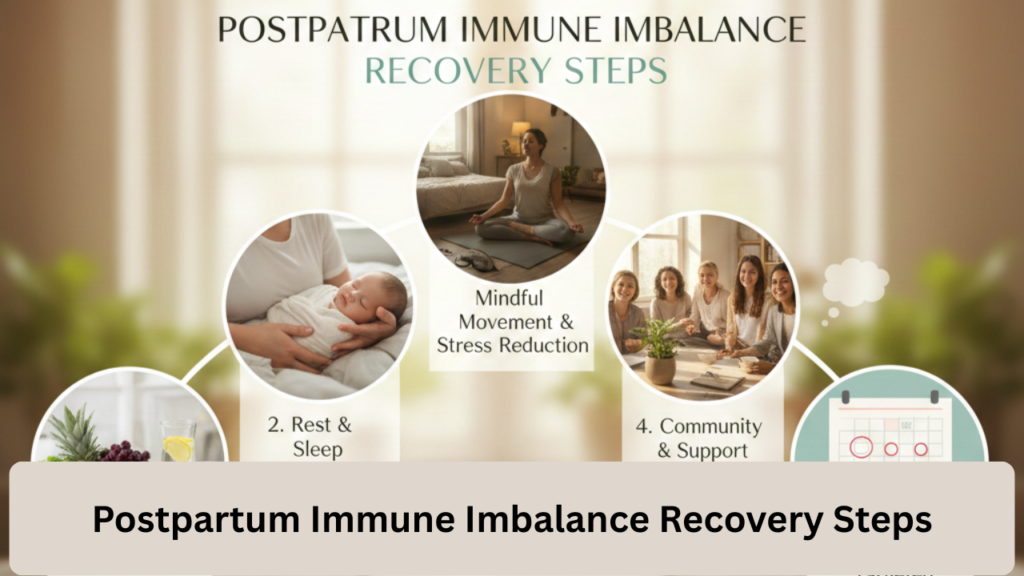Does stress make you angry and grumpy? Stress relievers can help bring calm and peace back into your busy life. You don’t have to spend a lot of time thinking about stress relievers. If your stress is getting out of control and you need quick relief, try one of these tips. Almost any form of physical activity can help relieve stress. Even if you’re not athletic or fit, exercise can be a good way to relieve stress. Physical activity can increase feel good endorphins and other natural brain chemicals that boost your sense of well-being. Here’s the 7 Habits That Reduce Daily Stress.
Exercise can also refocus your mind on your body’s movements. This shift in focus can improve your mood and help the day’s irritations fade away. So go for a walk, run, garden, clean the house, ride a bike, swim, lift weights, vacuum, or do anything else that keeps you active. Eating a healthy diet is an important part of self-care. Try to eat plenty of fruits, vegetables, and whole grains. Some people cope with stress with unhealthy habits. For example, drinking too much caffeine or alcohol, smoking, overeating, or using illegal substances. These habits can harm your health and increase your stress levels.
Why is stress bad for us?

During meditation, you focus your attention and quiet the stream of confusing thoughts that may be crowding your mind and causing stress. Meditation can provide you with a sense of calm, peace, and balance that can help with both your emotional well-being and your overall health. Meditation can help us improve our well-being. You can practice guided meditation, guided imagery, mindfulness, visualization, and other forms of meditation anytime, anywhere. For example, you can meditate while taking a walk, riding the bus to work, or waiting in your healthcare provider’s office.
Try an app that shows you how to do these exercises. You can also try deep breathing anywhere. A good sense of humor can’t cure all ailments. But it can help you feel better, even if you have to force a fake laugh through your bad mood. When you laugh, you lighten your mental load. It also causes positive physical changes in the body. Laughter activates, and then calms, the stress response. So read or tell some jokes, watch a comedy show, or hang out with your funny friends. Or, try laughter yoga. When you’re stressed and irritable, you may want to isolate yourself.
Fighting stress

Instead, reach out to family and friends and make social connections. Even just a good friend who listens can make a difference. Social connection is a good way to relieve stress because it can offer distraction, provide support, and help you weather life’s ups and downs. So grab a coffee with a friend, email a family member, or visit your place of worship. Have more time? Try volunteering for a charity and help yourself while helping others. Maybe you want to do it all, but you can’t, at least not without paying a price. Learning to say no or being willing to delegate can help you manage your to-do list and stress.
Healthy boundaries are important in a wellness plan. Everyone has physical and emotional boundaries. Saying yes may seem like an easy way to keep the peace, avoid conflict, and get the job done. But instead, it can cause internal conflict because your needs and those of your family take a backseat. Putting yourself second can lead to stress, anger, resentment, and even a desire for revenge. That’s not a very calm and peaceful reaction. Remember, you are a priority. With a series of postures and breathing exercises, yoga is a popular way to relieve stress.
Seek out the positive

Yoga brings together physical and mental disciplines that can help you achieve physical and mental peace. Yoga can help you relax and relieve stress and anxiety. Try yoga on your own or find a class; you can find classes in many areas. Hatha yoga, especially, is a good stress reliever because of its slower pace and easier movements. Stress can cause trouble falling asleep. When you have too much to do and too many things to think about, sleep can be disrupted. But sleep is the time when the brain and body recharge. Most adults need between seven and nine hours of sleep each night.
The quality and duration of sleep can affect mood, energy level, concentration, and overall functioning. If you have trouble sleeping, make sure you have a calm and relaxing routine at bedtime. If new stressors make it difficult for you to cope, or if self-care measures don’t relieve your stress, you may want to consider therapy or psychological counseling. Therapy can also be a good idea if you feel overwhelmed or trapped. You might also consider therapy if you worry a lot, or if you have trouble carrying out daily routines or meeting obligations at work, home, or school.
Conclusion

Professional counselors or therapists can help you identify the sources of your stress and learn new ways to cope. In the last decade, search terms such as Why am I stressed and How to be less stressed (not to mention terms related to anxiety) have skyrocketed, according to Google. In 2020, the American Psychological Association published “Stress in America 2020: A National Mental Health Crisis, a testament to the severity of our stress levels. To put it bluntly: we’re all highly stressed and looking for solutions. Specifically, healthy habits to reduce stress.
If left unchecked, stress can contribute to many health problems, including high blood pressure, heart disease, obesity, and diabetes, says Dr. Frederick. These are just a few of the countless issues that can arise. Americans have been profoundly affected by the COVID-19 pandemic, and the external factors that Americans have listed in previous years as significant sources of stress remain present and problematic, the APA states. These compounded stressors are having real consequences on our minds and bodies. Stress hormones cortisol and adrenaline cause direct and indirect problems.



